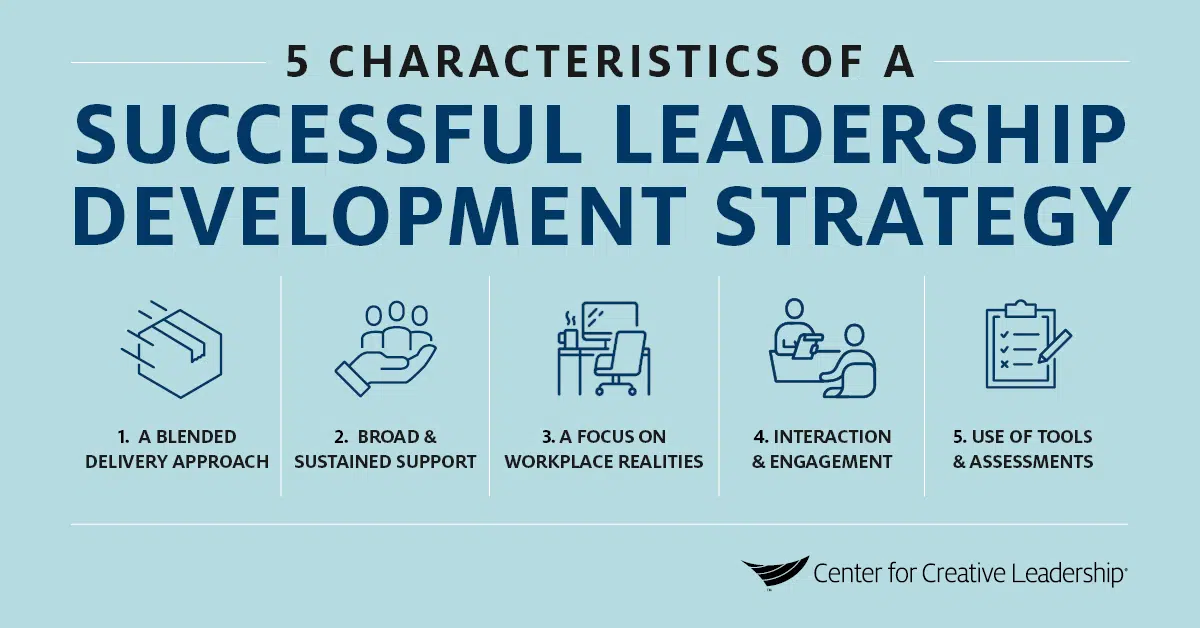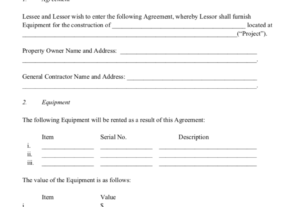As a sales professional, you know that hitting your targets and exceeding quotas is no easy feat. You need to have the right skills, knowledge, and tools to succeed in today’s competitive marketplace. One of the most valuable tools at your disposal is a sales assessment tool. In this article, we will explore what sales assessment tools are, how they work, and how they can help you improve your sales performance.
What Are Sales Assessment Tools?
Sales assessment tools are software programs or online platforms that use data analytics to evaluate a salesperson’s strengths and weaknesses. These tools gather information from various sources, such as CRM systems, customer feedback, and performance metrics, to provide insights into a salesperson’s abilities. The assessments can be customized to fit different roles or industries and can include personality tests, cognitive ability tests, and situational judgment tests.
How Do Sales Assessment Tools Work?
Sales assessment tools use sophisticated algorithms to analyze data points that are indicative of successful sales performance. These data points can include:
– Sales activity metrics (e.g., number of calls made, emails sent)
– Conversion rates
– Deal size
– Average sale cycle length
– Customer feedback and satisfaction ratings
The results of these assessments can provide managers with valuable insights into their team’s strengths and weaknesses. They can also identify areas where training or coaching may be necessary.
Benefits of Using Sales Assessment Tools
Using sales assessment tools has several benefits for both managers and individual salespeople:
1. Objective evaluation: Sales assessment tools provide an objective evaluation of a salesperson’s abilities based on data analysis rather than subjective opinions.
2. Better hiring decisions: By using assessments during the hiring process, managers can make better-informed decisions about which candidates are likely to perform well in the role.
3. Coaching opportunities: Identifying areas where individual salespeople may need improvement can provide coaching opportunities to help them develop their skills.
4. Improved team performance: By identifying strengths and weaknesses across the sales team, managers can implement training and development programs that improve overall performance.
5. Increased revenue: A better-performing sales team can lead to increased revenue and higher profits for the business.
Types of Sales Assessment Tools
There are several types of sales assessment tools available, each with its own strengths and weaknesses:
1. Personality tests: These assessments evaluate a salesperson’s personality traits, such as their level of extroversion, agreeableness, or openness. They can be useful in identifying how well-suited a candidate is for a particular role or how they may fit into an existing team dynamic.
2. Cognitive ability tests: These assessments measure a salesperson’s cognitive abilities, such as problem-solving skills or critical thinking abilities. They can help identify areas where additional training or development may be necessary.
3. Situational judgment tests: These assessments simulate real-life scenarios that a salesperson might encounter in their role. They can help identify how well a candidate is likely to perform under pressure or when faced with difficult situations.
4. Performance metrics analysis: These assessments use data from various sources, such as CRM systems or customer feedback, to evaluate a salesperson’s performance against specific metrics. They can help identify areas where improvements could be made.
How to Choose the Right Sales Assessment Tool
When choosing a sales assessment tool, there are several factors to consider:
1. Purpose: What is the goal of the assessment? Are you looking to hire new salespeople, evaluate your existing team’s performance, or identify areas where coaching may be necessary?
2. Industry-specific needs: Different industries have different requirements for successful sales performance. Make sure the assessment tool you choose is tailored to your industry’s needs.
3. Cost: Sales assessment tools can vary widely in cost, from free online assessments to enterprise-level software solutions. Consider the budget you have available and what features are most important to your organization.
4. Ease of use: Make sure the assessment tool you choose is user-friendly and easy to understand for both managers and salespeople.
Conclusion
Sales assessment tools can provide valuable insights into a salesperson’s abilities and help identify areas where improvements can be made. By using these tools, managers can make better-informed decisions about hiring, training, and coaching their sales team. With the right assessment tool in place, you can improve your team’s performance, increase revenue, and achieve your sales targets with greater ease.
Wiki Reference:
– Sales Assessment Tools Overview – Criteria Corp
https://www.criteriacorp.com/resources/guides/sales-assessment-tools-overview.php
– The Benefits of Using Sales Assessments – Indeed
https://www.indeed.com/hire/c/info/the-benefits-of-using-sales-assessments
– Types of Sales Assessments: What You Need to Know – SalesHacker
https://www.saleshacker.com/types-of-sales-assessments/
– How to Choose a Sales Assessment Tool – Hubspot
https://blog.hubspot.com/sales/how-to-choose-a-sales-assessment-tool




